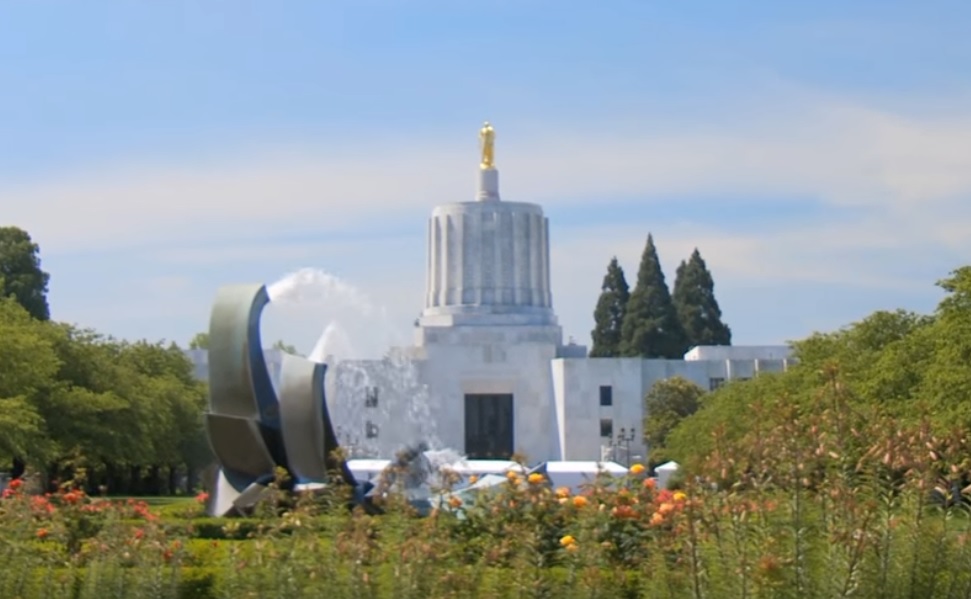
Legislative Update
By Oregonians for Food and Shelter,
Next week will bring a significant milestone in the 2025 Legislative Session, with the April 9th deadline for bills to either be passed out of their original policy committees, or die. This effectively marks the halfway point of the session. The pending deadline has created a litany of hearings, proposed amendments, rumors, advocacy and anxiety.
Groundwater quality is a continued focus this session. Yesterday OFS testified in opposition to SB 80, which would impose a moratorium on water quality permits for livestock operations (“CAFO’s”) in Groundwater Management Areas. The bill seemingly stems from concerns over nitrates in the Lower Umatilla Basin, but would be applied statewide, and would solely target livestock operations.
While SB 80 died immediately after Thursday’s hearing, it’s a lead-in to another groundwater proposal, SB 1154, scheduled for a hearing Tuesday in the Senate Natural Resources and Wildfire Committee. OFS and our members, including those in the Lower Umatilla Basin, continue to take a leading role in discussing solutions with the Governor’s office, who is driving the efforts behind SB 1154.
We all support making progress on this longstanding issue, and ensuring that Oregon residents have clean drinking water. However, we have expressed concerns with the broad authority changes across state agencies and the arbitrary targeting of ag practices rather than focusing on evidence-based solutions to improving water quality, which include cleaning up the legacy contamination. In addition to the underlying substance of SB 1154, we’re concerned over the timing of a comprehensive groundwater conversation at this late stage in the session. We are pleased that SB 747, another sweeping proposal to create a statewide fertilizer reporting program, died already this session based on our concerns and the strong showing of opposition by impacted producers.
We’re still trying to stop several other bills that impact pesticides but lack a scientific basis, including HB 2679 (neonicotinoid restriction) and a bill mandating that school districts would have to create their own pesticide lists interpreting Oregon’s “low-impact pesticide” definition, but without the financial support or expertise to do so (HB 2684). HB 2684 will pile on new requirements for schools since its companion bill (HB 3915), which would have ensured school districts would be supported by Department of Agriculture in this work, died in committee.
After next week’s deadline, OFS will turn much of its attention to state agency budgets and the programs and policies we support and oppose.
Disclaimer: Articles featured on Oregon Report are the creation, responsibility and opinion of the authoring individual or organization which is featured at the top of every article.

